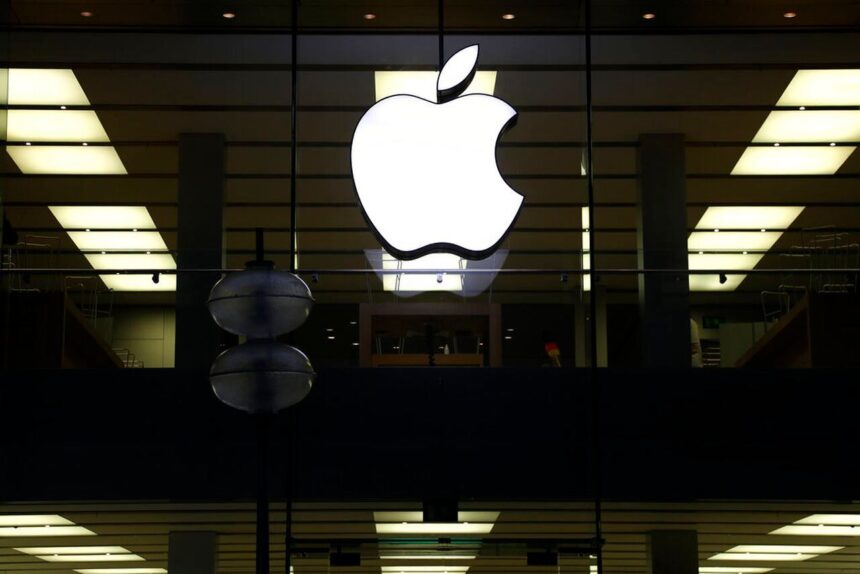Only a few days after allowing iOS users in the European Union to access third-party app stores, Apple has now revealed more modifications pertaining to the distribution of developers’ apps. Most notably, those that satisfy specific requirements will have the ability to permit consumers to download apps from their websites.
This spring, developers will be able to distribute their own apps directly without going through the app market thanks to the Web Distribution option. In order to be eligible, developers must be members of the Apple Developer Program in good standing for at least two years and agree to the new App Store policies, which require them to pay a fee for each user install after a set number of installs. According to a support document, among other requirements, they must “have an app that had more than one million first annual installs on iOS in the EU in the prior calendar year.”
By setting certain rules for supporting downloads from the web, Apple will be hoping to minimize the risk that users will be installing sketchy apps, such as ones containing malware or those that support piracy. Still, given the criticism levied against the company for seemingly only sticking to the letter of the EU’s Digital Markets Act and not its spirit, the fact that the company is exerting control over app downloads from the web may come under scrutiny too.
In addition, as 9to5Mac notes, Apple is now allowing developers to run app marketplaces that solely contain their own apps. Previously, they were required to offer apps from other devs. As such, this means the likes of Epic Games, Xbox and Meta can have iOS app marketplaces that only include their own apps and games.
Last but not least, developers will have more flexibility over how they can direct users to an external webpage to complete a transaction for digital goods and services. Apple had provided design templates for in-app promotions, discounts and deals, but those are now optional as of today. That means the likes of Spotify and Netflix can now design links out to their websites (and potentially avoid the 30 percent cut Apple takes of subscriptions from app-based signups).





